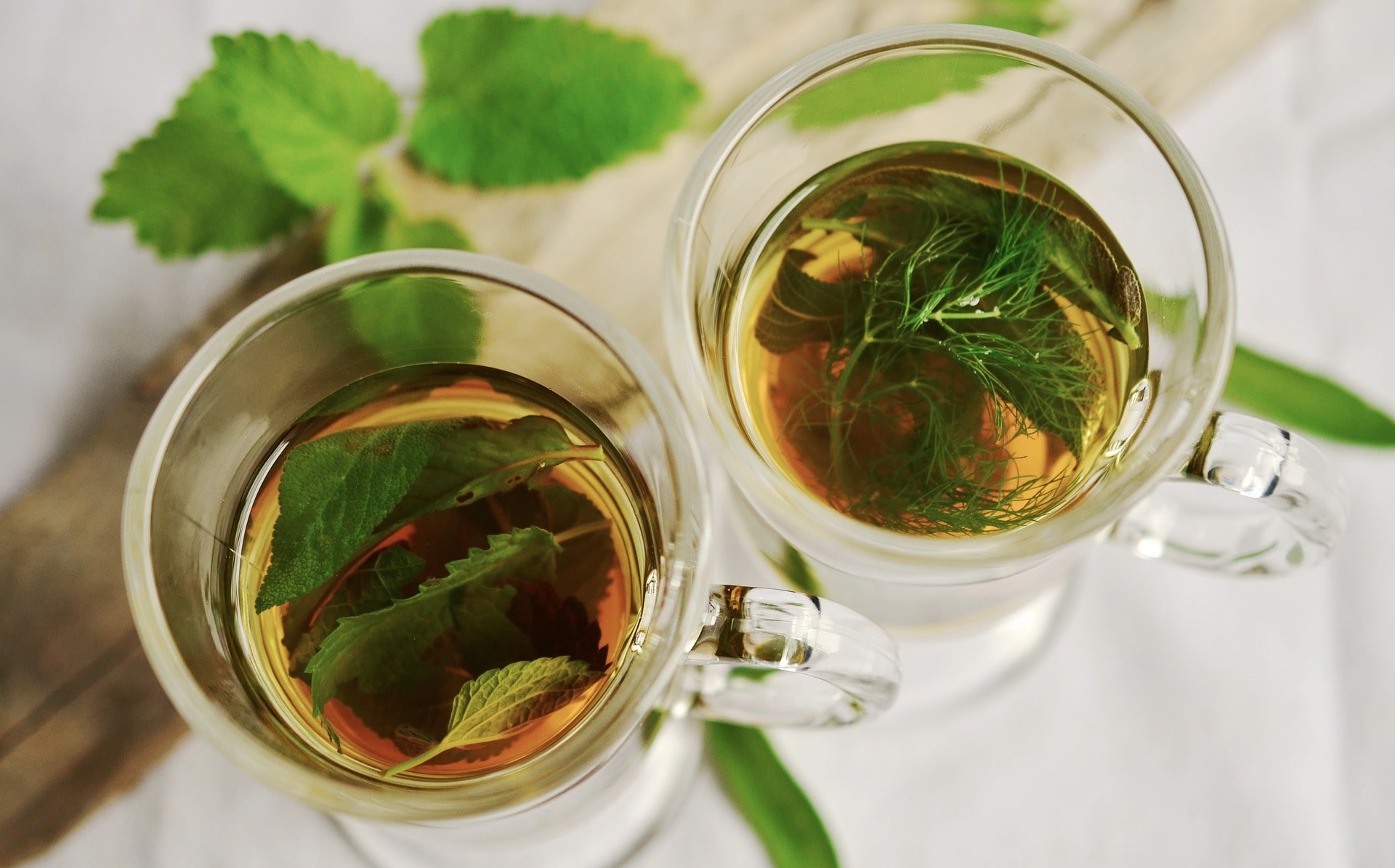Greek Herbs, a short travelogue
The richness of herbs on the Greek soil is enormous, a non accidental fact, since the Mediterranean climate and the geological morphology of the country provide the ideal conditions for such an extensive variety. There are thousands of endemic species, the majority of which are aromatic with therapeutic properties. The healing power of herbs is an invaluable heritage and thanks to the Mediterranean climate, Greek herbs are considered one of the richest in the world for their healing properties.
This healing power of herbs was discovered in ancient times, with the Sumerians and Assyrians being the first people to have the first information on herbs and medicinal herbs. The Minoans and Mycenaeans used roots, woods, barks, flowers, shoots, fruits, seeds, oils and resins from various medicinal plants and herbs that grew in Greece. Later, the “father of medicine”, Hippocrates, was able to cope with various ailments of patients using these herbs. In the Middle Ages, botanical gardens flourish in the monastery gardens, while with the beginning of typography, classical knowledge spreads beneath the walls of the monasteries. The recipes were saved through the ancient texts that have been re-studied and enriched over the years. Many botanical books were published during the 16th and 17th centuries to help those who were involved in herbal medicine.
In Greece, the rich soil throughout the country fosters the collection of herbs and their use in the preparation of aromatic herb drinks. Herbs contain a wide variety of trace elements, vitamins and antioxidants. Aromatic herbs such as sage, dittany, mountain tea or chamomile can be used as herbal teas in the Greek breakfast.
